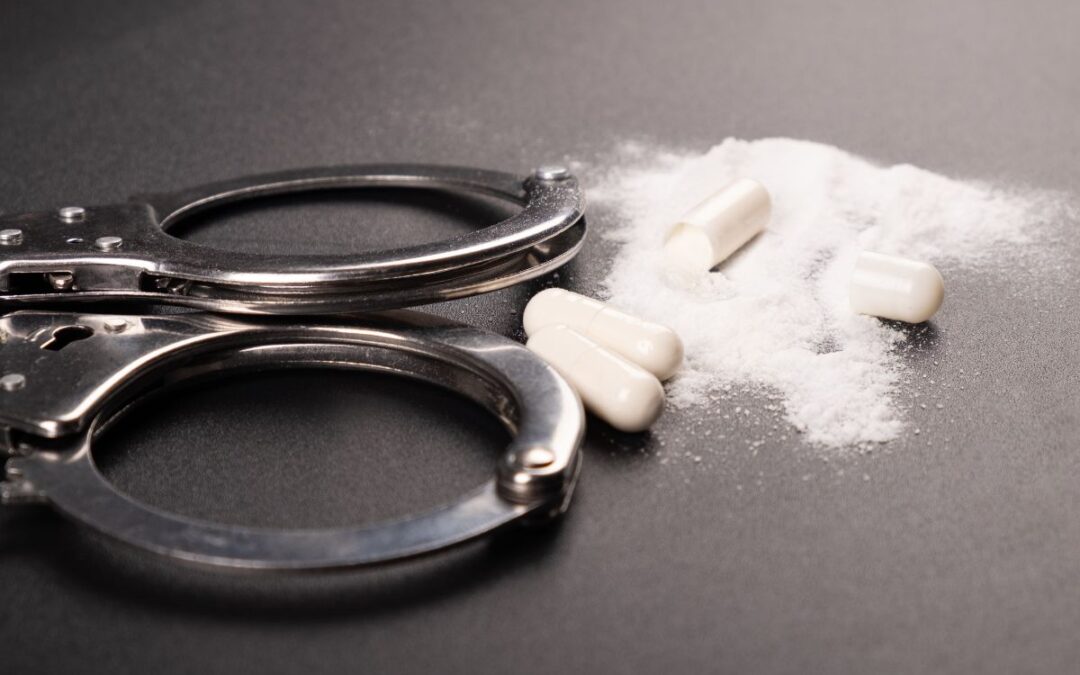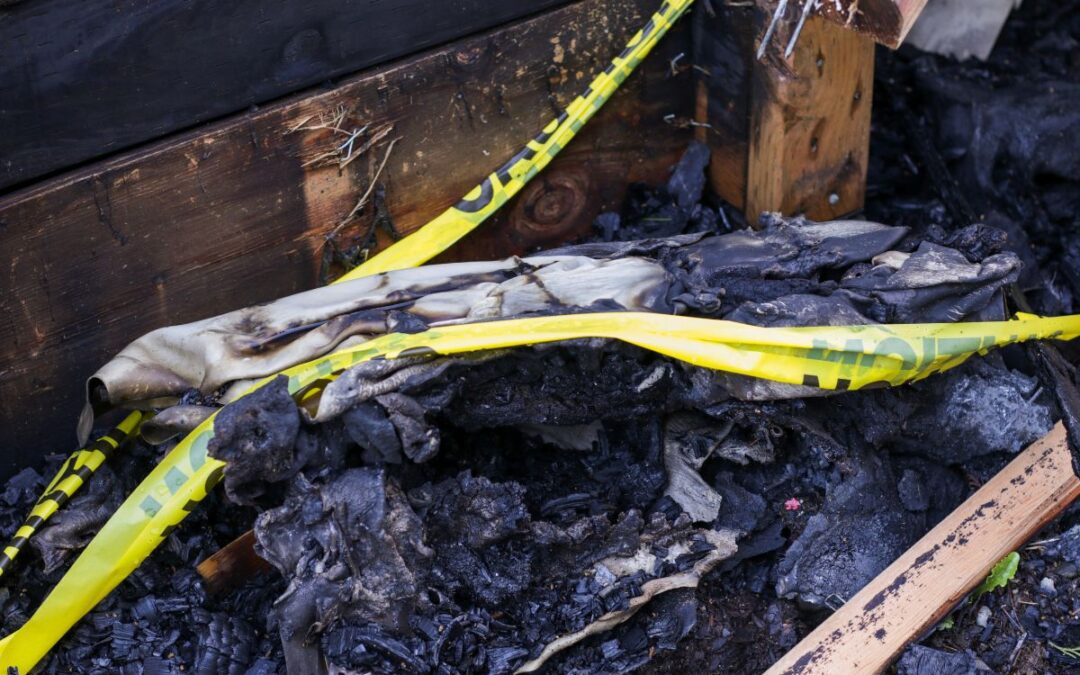
by The Law Office of Frank Ciardi | Apr 30, 2023 | Criminal Defense
Although anti-drug laws existed for decades, Richard Nixon coined the phrase “war on drugs” during a 1971 speech. He called illegal drugs “public enemy number one” and vowed to launch interdiction programs to incarcerate offenders and hopefully eradicate the problem.[1] A less-publicized portion of this speech emphasized the “prevention of new addicts and the rehabilitation of those who are addicted.” But that promise didn’t get much attention in the media.
Over fifty years later, the government may have spent as much as $1 trillion to fight a losing war. Drug-related arrests have leveled off in recent years, but drug crime convictions still send hundreds of thousands of people, many of them young Black males, to prison every year.
A dedicated Rochester drug crime lawyer is frequently the only thing standing between a defendant and a lengthy prison sentence. Court-appointed lawyers and public defenders are almost always competent. But there’s no way to tell if they are dedicated to criminal defense or simply drawing a paycheck until another opportunity arises. Drug crimes, especially drug trafficking crimes, are so severe that, as outlined below, you simply cannot leave the matter to chance.
Familiarity with the Legal System
It may seem unbelievable, but many attorneys aren’t familiar with the legal system. They analyze problems and think like lawyers, as taught in law school. Only a Rochester drug crimes lawyer knows how to put this experience to work.
Furthermore, most criminal court cases aren’t settled in the courtroom like on TV. Instead, plea bargains resolve over 95 percent of the criminal cases in Monroe County. Since few law schools teach negotiation skills, many lawyers don’t have these tools.
Additionally, since many plea bargains involve charge reductions, an attorney must be familiar with the elements of and defenses to the charged crime and the elements of and defenses to lesser crimes.
Dedicated to Criminal Defense
We mentioned dedication to criminal defense above. Now, let’s break this important quality down a little more.
Undedicated lawyers often miss critical details. Grant Cooper, who represented Sirhan Sirhan in the later 1960s, was a competent lawyer but not a dedicated criminal defense lawyer. He also represented Shirley Temple when she divorced B-movie regular John Agar. So, Cooper didn’t aggressively attack some flaws in the state’s case, like inconsistencies between the autopsy report and witness statements.
Dedication to drug crime cases is essential as well. Decision makers passed many harsh anti-drug laws in the 1980s as an emotional response to the sudden death of basketball phenom Len Bias. If attorneys lack the passion to stand up against these unfair laws, they often lack the drive to defend drug crime charges successfully.
Solid Legal Advice
We mentioned that plea bargains resolve most criminal charges. It’s not always easy to distinguish between a good and bad offer. Only a good drug crime lawyer can differentiate between them.
Furthermore, criminal convictions usually have collateral consequences, such as immigration effects. These collateral consequences often blindside defendants who don’t have knowledgeable lawyers.
A Partnership that Saves Money
People who go to prison for drug crimes not only lose the jobs they have. They also often cannot find good jobs after prison, partially because of the felony conviction and the public stigma against “drug dealers” and other serious offenders. This financial fallout affects friends and family members as well.
Frequently, a Rochester drug crimes lawyer engineers a deferred disposition plea. After the defendant is discharged from probation, the judge typically dismisses the case, leaving the defendant with no conviction record. The deferred disposition also has some significant cons, taking us back to the solid legal advice only a lawyer can give.
An Investment in Your Future
Similarly, people with felony convictions, especially drug crime convictions, often have difficulty re-integrating into society. Investing money now in a good Rochester criminal defense lawyer makes the rest of a defendant’s life much more livable.
There’s a big difference between a criminal arrest and a criminal conviction. Contact the Law Office of Frank Ciardi for a free consultation with an experienced Rochester drug crimes attorney. Convenient payment plans are available.
Sources:
[1] https://prhome.defense.gov/Portals/52/Documents/RFM/Readiness/DDRP/docs/41%20Nixon%20Remarks%20Intensified%20Program%20for%20Drug%20Abuse.pdf

by The Law Office of Frank Ciardi | Apr 15, 2023 | Criminal Defense
Once upon a time, most arsons were economic crimes. People generally started fires for the destruction of property reasons. Today, most arsons are political crimes. Many people start fires out of anger or to make a statement. Yet arson charges and laws are essentially unchanged. In fact, after the 2020 George Floyd protests in Minnesota, a 23-year-old man was fined $12 million and sentenced to four years in prison for his role in the burning of a Minneapolis police station.1
New York’s arson laws are very similar to Minnesota’s arson laws. As outlined below, prosecutors must only prove the defendant deliberately or even recklessly started a fire. Also, as outlined below, even that minimal amount of evidence is often hard to come by. The possible lack of evidence defenses in these infractions is so substantial that a Rochester criminal defense lawyer can usually resolve these cases out of court and on defendant-friendly terms.
Types of Arson Crimes in New York
New York State has five levels of arson crimes.2 The multiple parts of Article 150 make it more difficult to prove these crimes and more straightforward to resolve them. The five types of arson are:
- Fifth Degree (Class A Misdemeanor): Intentionally causing an explosion or starting a fire that damages property,
- Fourth Degree (Class E Felony): Intentionally causing an explosion or starting a fire that recklessly damages a building or motor vehicle, unless no one other than the defendant had a legal interest in that property,
- Third Degree (Class C Felony): Intentionally damaging a motor vehicle or building by causing an explosion or starting a fire, unless “(a) no person other than the defendant had a possessory or proprietary interest in the building or motor vehicle, or if other persons had such interests, all of them consented to the defendant`s conduct, and (b) the defendant`s sole intent was to destroy or damage the building or motor vehicle for a lawful and proper purpose, and (c) the defendant had no reasonable ground to believe that his conduct might endanger the life or safety of another person or damage another building or motor vehicle,”
- Second Degree (Class B Felony): Intentionally damaging a motor vehicle or building by starting a fire, if “(a) another person who is not a participant in the crime is present in such building or motor vehicle at the time, and (b) the defendant knows that fact or the circumstances are such as to render the presence of such a person therein a reasonable possibility,” and
- First Degree (Class A-1 Felony): Using an incendiary device to start a fire or cause an explosion if someone is seriously injured in the fire and the defendant started the fire “with the expectation or receipt of financial advantage or pecuniary profit.”
All these subsections have several moving parts. The state must prove each sub-element beyond any reasonable doubt. Many of these sub-elements are challenging to prove, especially since the evidence required is so high.
Additionally, prosecutors usually push the envelope when they file charges. For example, if facts support fourth-degree arson charges, the state might file third-degree arson charges. Therefore, it’s easier for a Rochester criminal defense lawyer to reduce these charges during pretrial negotiations, especially if the evidence is weak.
Possible Defenses and Rochester Criminal Defense Lawyers
Alternate cause and shaky scientific evidence are the most common defenses in New York arson criminal cases.
Every level of arson requires prosecutors to prove the defendant deliberately set the fire. Fourth and fifth-degree arson add an “intentional” requirement. Usually, starting a fire means striking a match and lighting something flammable. Absent surveillance video or some other compelling physical evidence, it’s almost impossible to prove the difference between deliberately starting a fire and recklessly starting a fire.
Sometimes, desperate prosecutors turn to shaky scientific evidence, like burn patterns or accelerant residue, to prove the defendant deliberately set the fire. A pattern visible to the naked eye isn’t enough to prove arson, at least not beyond a reasonable doubt.
Other vital factors requiring much more rigorous scientific testing include distortion, melting, color changes, charring, oxidation, and structural collapse. Several variables affect these test results. Such as fire suppression activities, the temperature of the heat source, the material itself, ventilation, and the length of exposure.
There’s a big difference between a criminal arrest and a criminal conviction. Contact the Law Office of Frank Ciardi for a free consultation with an experienced Rochester criminal attorney. Convenient payment plans are available.
Sources:
[1] https://www.bbc.com/news/world-us-canada-56932263
[2] https://ypdcrime.com/penal.law/article150.php


